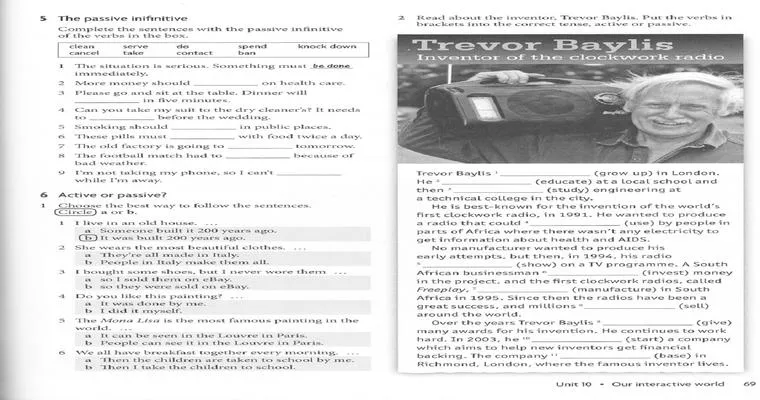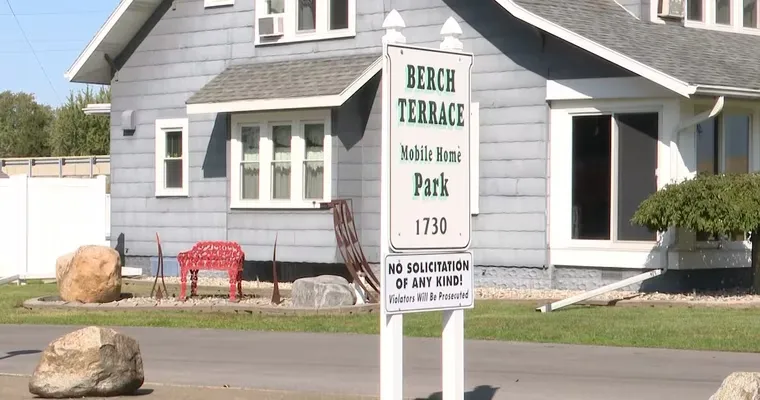As you approach retirement, you may find yourself contemplating various "living space options" that cater to your lifestyle, financial situation, and personal preferences. With numerous choices available, such as "independent living communities", "assisted living", and "age-restricted neighborhoods", navigating this decision can be overwhelming. Fortunately, there is a wealth of advice and resources available to help you make an informed choice that aligns with your retirement goals.
When considering where to live in retirement, it is crucial to assess your current and future needs. Start by evaluating your health, mobility, and social preferences. If you envision an active lifestyle filled with community engagement, an "active adult community" might be the right fit. These neighborhoods typically offer amenities such as fitness centers, pools, and social clubs, fostering an environment for social interaction and physical activity.
On the other hand, if you anticipate requiring a higher level of care in the future, you may want to explore "assisted living facilities". These options provide a balance between independence and support, allowing residents to maintain their autonomy while having access to assistance with daily activities. Researching local facilities and their services can provide clarity on what to expect and help you make the best choice for your needs.
Financial considerations also play a significant role in your decision-making process. It is essential to understand the costs associated with each type of living space. Independent living communities may have lower monthly fees than assisted living, but they typically do not offer the same level of care. Be sure to review your budget and consider long-term expenses, including maintenance, utilities, and healthcare.
Additionally, seek advice from trusted professionals, such as financial advisors or elder care specialists. They can provide insights into the options available and help you assess how each choice aligns with your financial plan. Engaging with local retirement planners can also help you understand the nuances of different living spaces and the implications for your lifestyle.
Another critical factor to consider is location. Your chosen community should ideally be close to family, friends, healthcare facilities, and recreational activities. Make a list of your priorities, such as proximity to loved ones, access to public transportation, or nearby shopping centers. This can help narrow down your options and ensure that your new living space enhances your overall quality of life.
In summary, there is ample "advice available" to help you navigate the choices for your retirement living space. By considering your health, finances, location, and personal preferences, you can make a well-informed decision that suits your lifestyle. Engaging with professionals and conducting thorough research will empower you to choose the best living option for a fulfilling and enjoyable retirement. Remember, your retirement years should be a time of relaxation and joy, and the right living space can significantly contribute to that experience.





